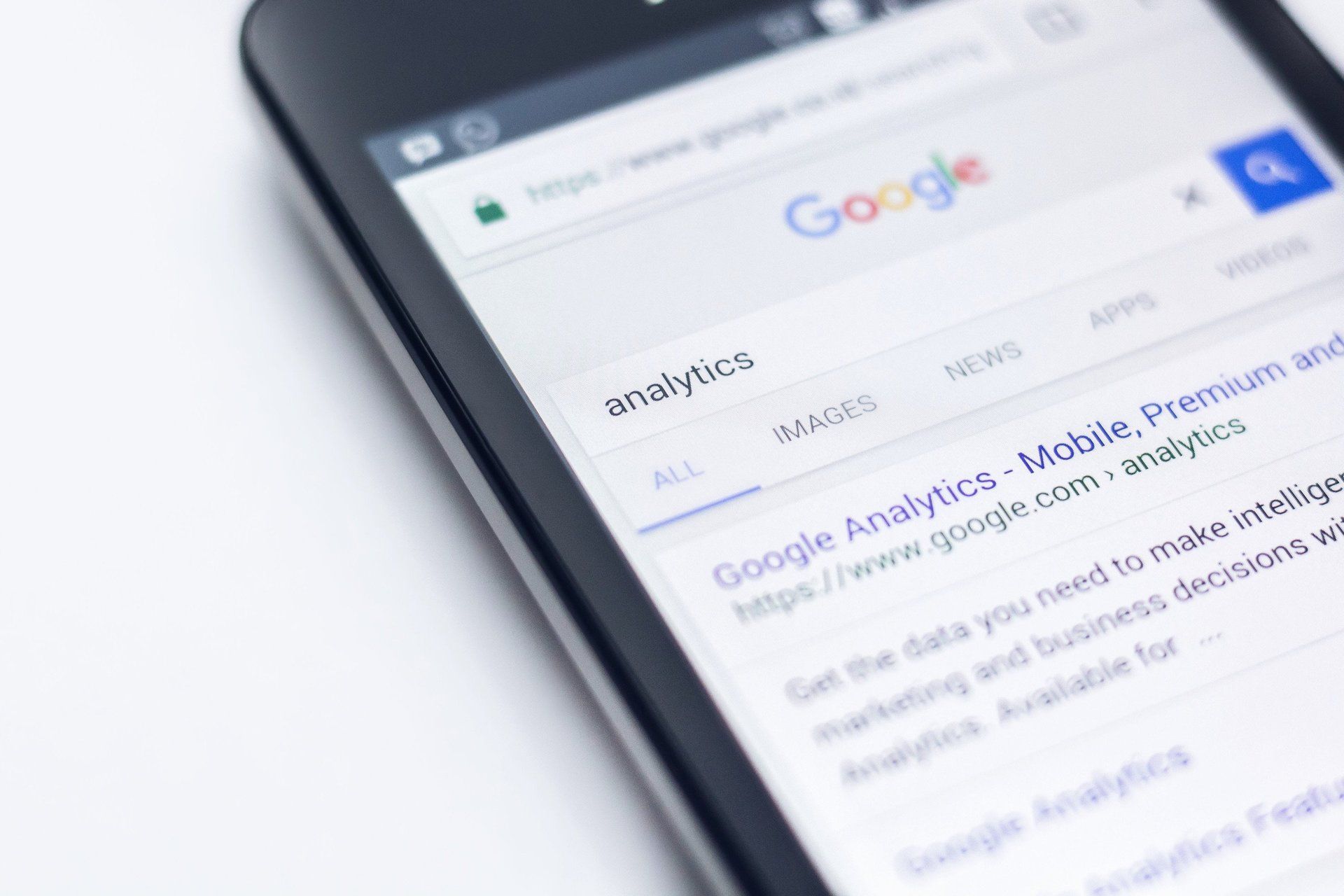
What is Search Engine Marketing (SEM)? - A Guide to Understanding SEM
Understanding Search Engine Marketing (SEM) and Its Importance in Digital Marketing

Search Engine Marketing (SEM) is a digital marketing strategy that focuses on increasing website visibility and traffic through paid advertising and search engine optimization (SEO). SEM is a broad term that encompasses various techniques and tools used to optimize and advertise websites on search engines like Google, Bing, and Yahoo.
In this post, we will dive deeper into SEM, its components, benefits, and how it differs from SEO. We will also discuss the importance of SEM in the digital marketing landscape and how it can help businesses reach their target audience, drive conversions, and achieve their marketing objectives.
Components of SEM
SEM is composed of two main components: paid search advertising and organic search engine optimization (SEO). Both of these components are essential in driving website traffic and increasing visibility on search engines.
Paid Search Advertising
Paid search advertising, also known as pay-per-click (PPC) advertising, is a model of online advertising where businesses pay for their website to appear at the top of the search engine results pages (SERPs) when users search for relevant keywords. The most popular platform for PPC advertising is Google Ads, which offers a range of ad formats and targeting options to reach a specific audience.
PPC ads are designed to drive immediate results and generate leads or sales for businesses. Advertisers can set their budgets, select relevant keywords, and create ad copy to target their audience. Advertisers only pay when users click on their ads, which makes PPC advertising a cost-effective method for driving traffic and conversions.
Organic Search Engine Optimization
Organic search engine optimization (SEO) is a long-term strategy that aims to improve website visibility and ranking on search engine results pages (SERPs) through optimizing website content and structure. The primary goal of SEO is to improve the relevance and authority of a website in the eyes of search engines, which can lead to higher rankings and increased traffic over time.
SEO is a complex process that involves optimizing website content, improving website structure and navigation, building backlinks, and conducting keyword research. SEO strategies are designed to generate organic traffic and improve website authority, which can lead to sustainable long-term results.
Benefits of SEM
SEM offers a range of benefits for businesses that want to increase their online presence and reach their target audience. Here are some of the key benefits of SEM:
1. Increased Website Visibility
SEM allows businesses to improve their website visibility and reach their target audience through paid advertising and SEO. By appearing at the top of the search engine results pages (SERPs), businesses can increase their visibility and attract more visitors to their website.
2. Cost-Effective
SEM is a cost-effective method of driving website traffic and generating leads or sales for businesses. PPC advertising allows advertisers to set their budgets and only pay when users click on their ads. SEO, on the other hand, can generate organic traffic over time without incurring additional costs.
3. Targeted Advertising
SEM allows businesses to target their audience based on demographics, location, interests, and search behavior. PPC advertising offers a range of targeting options to reach a specific audience, while SEO can target users based on the keywords they use to search for information.
4. Measurable Results
SEM provides businesses with measurable results and insights into their advertising campaigns. PPC advertising allows advertisers to track their ad performance and optimize their campaigns based on user behavior. SEO provides businesses with insights into their website traffic, keyword rankings, and backlink profiles.
5. Competitive Advantage
SEM can provide businesses with a competitive advantage by allowing them to appear at the top of the search engine results pages (SERPs) ahead of their competitors. By optimizing their website and advertising campaigns, businesses can attract more visitors, generate more leads or sales, and outperform their competitors.
How SEM Differs from SEO
SEM and SEO are often used interchangeably, but they are two distinct strategies that differ in their approach and goals. SEM encompasses both paid advertising and organic optimization, while SEO focuses solely on optimizing website content and structure.
One of the main differences between SEM and SEO is the speed of results. While PPC advertising can generate immediate results, SEO is a long-term strategy that requires patience and consistent effort to achieve sustainable results. Both strategies are important for businesses that want to increase their online visibility and drive website traffic.
At Marie Street Media, we specialize in helping businesses optimize their online presence through SEM strategies like PPC advertising and SEO. Our team of experts can help you develop a customized SEM strategy that fits your business objectives and drives measurable results.
By working with us, you can benefit from our years of experience in the digital marketing industry and our proven track record of success. We can help you identify the right keywords, target your audience, optimize your website for search engines, and track your performance to ensure you get the best return on your investment.
If you're looking to improve your online presence and drive more traffic to your website,
contact Marie Street Media today to learn more about our SEM services. Let us help you take your digital marketing to the next level and achieve your business goals.







